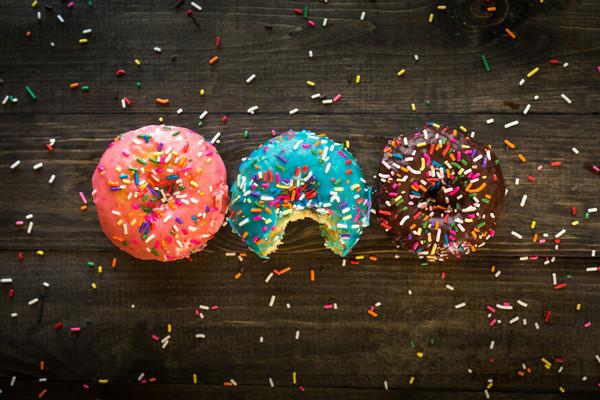3 Scientifically Proven Ways to (Permanently) Break a Bad Habit.
Curated from: mayooshin.com
Ideas, facts & insights covering these topics:
6 ideas
·7.39K reads
21
2
Explore the World's Best Ideas
Join today and uncover 100+ curated journeys from 50+ topics. Unlock access to our mobile app with extensive features.
“The secret to permanently breaking any bad habit is to love something greater than the habit.”
BRYANT MCGILL
468
3.34K reads
The Role Of Perseverance On Change
Bad habits don’t go away overnight. But, you can use strategies to give you that extra boost of self-confidence and self-control required to change.
Understand that sometimes you will fail and sometimes you’ll succeed. But no matter how long it takes to fail and get back up again, your patience and perseverance will soon pay off.
290
915 reads
Creating An “If-Then” Plan
It gives you an automatic response to react to your cravings and makes it easier to replace a bad habit with a good one:
- Identify the scenario that usually triggers your bad habit.
- Specify a different response to the trigger. Ideally, this should be a good habit that would replace and prevent you from falling into the temptation.
- Combine steps 1 and 2 into an “if-then” format.
317
876 reads
Practice Being Aware Of Your Triggers
Mindfulness practice helps to weaken the link between the craving and the bad behaviour:
- Next time you’re hit with an urge to do the bad habit, take a step back and be aware of the sensations of the trigger in your body.
- Take note of where you were and when the cravings started, as well as who were you with and what happened leading to it.
- Keep a short journal of your progress and take quick notes of the events that take place on the days you act on the bad habit versus the days you don’t.
295
651 reads
Use “I Don’t” Instead Of “I Can’t”
Research has found that using the phrase “I can’t” results in decreased self-control when compared to using the words “I don’t”.
When trying to break bad habits say “I don’t [bad habit]” instead of “I can’t [bad habit]” .
299
800 reads
The Mechanics Of Habit Formation
Our habits are driven by a 3-part loop in sequence: trigger (the stimulus that starts the habit), routine (the doing of the habit and behaviour itself) and reward (the benefit associated with the behaviour).
Each repetition of this behavior pattern, it becomes more ingrained in your brain until it eventually becomes automatic—a habit.
319
812 reads
IDEAS CURATED BY
Black Stripes's ideas are part of this journey:
Learn more about personaldevelopment with this collection
How to write clearly and concisely
How to use proper grammar and punctuation
How to structure a business document
Related collections
Similar ideas
5 ideas
12 ideas
1 idea
Read & Learn
20x Faster
without
deepstash
with
deepstash
with
deepstash
Personalized microlearning
—
100+ Learning Journeys
—
Access to 200,000+ ideas
—
Access to the mobile app
—
Unlimited idea saving
—
—
Unlimited history
—
—
Unlimited listening to ideas
—
—
Downloading & offline access
—
—
Supercharge your mind with one idea per day
Enter your email and spend 1 minute every day to learn something new.
I agree to receive email updates
